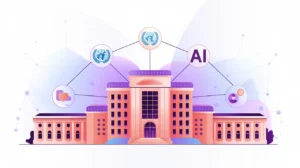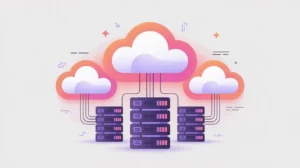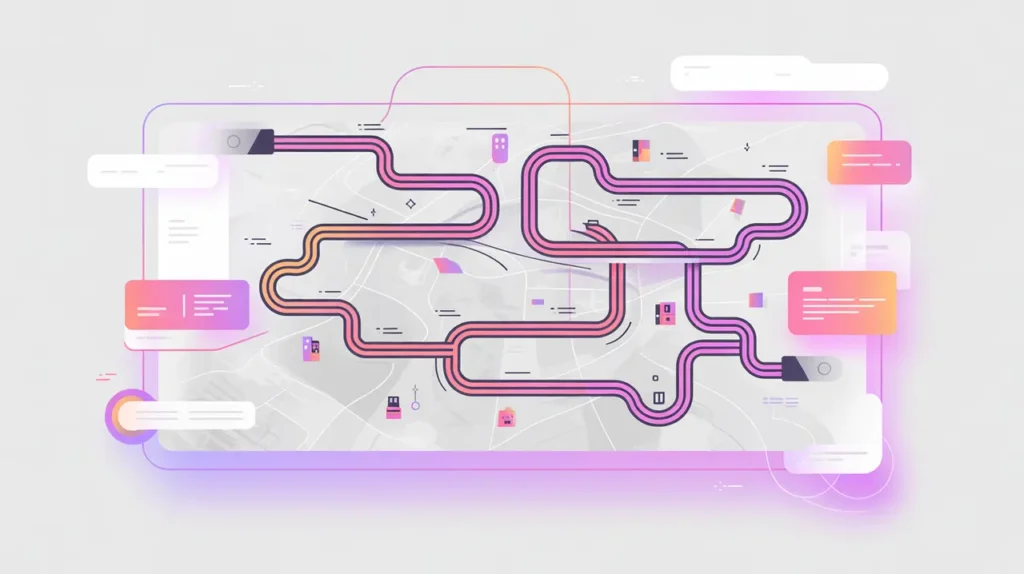Importance of Education Tutoring and Learning Companions
Education Tutoring and Learning Companions are AI-driven tools and digital platforms that provide personalized academic support to students. They act as virtual tutors or assistants, offering explanations, practice exercises, and adaptive feedback tailored to each learner’s pace and needs. Their importance today lies in addressing education inequities by extending high-quality support to students who may not have access to private tutors or well-resourced classrooms.
For social innovation and international development, tutoring and learning companions matter because mission-driven organizations can use them to close learning gaps, improve outcomes, and make education more inclusive. These tools provide scalable, cost-effective ways to reach learners in underserved regions.
Definition and Key Features
Learning companions range from adaptive learning platforms like Khan Academy and Duolingo to AI tutoring systems integrated into school curricula. Features include real-time feedback, natural language interaction, gamification, and progress tracking. More advanced companions integrate with classroom systems, allowing teachers to monitor student progress and adjust instruction.
They are not the same as static e-learning modules, which offer content but lack adaptivity. Nor are they equivalent to human tutors, who bring empathy and context but are limited in scale. AI-powered learning companions combine personalization with scalability.
How this Works in Practice
In practice, tutoring companions can help students master math concepts, practice languages, or prepare for exams by adapting difficulty levels to performance. Natural language models allow conversational explanations, while analytics highlight areas needing reinforcement. Integration with mobile devices enables access in low-resource settings, and offline-first designs make them viable where internet connectivity is limited.
Challenges include ensuring cultural relevance of content, preventing over-reliance on technology, and safeguarding student privacy. Equity concerns also arise if tools are only available to those with digital access, leaving marginalized students further behind.
Implications for Social Innovators
Education tutoring and learning companions directly support mission-driven organizations. NGOs can deploy them to supplement classroom instruction in rural schools. Health education programs can use them to teach communities about nutrition or disease prevention. Humanitarian agencies can offer continuity of learning for children displaced by conflict or disaster. Civil society groups can advance literacy campaigns with AI-powered reading assistants.
By combining personalization with scalability, tutoring and learning companions help reduce education inequities and expand opportunities for lifelong learning.







